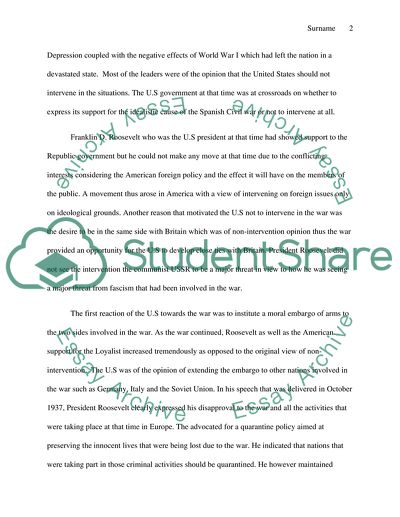Cite this document
(The German Question and the Origin of Cold War Essay, n.d.)
The German Question and the Origin of Cold War Essay. Retrieved from https://studentshare.org/history/1822332-research-paper-final
The German Question and the Origin of Cold War Essay. Retrieved from https://studentshare.org/history/1822332-research-paper-final
(The German Question and the Origin of Cold War Essay)
The German Question and the Origin of Cold War Essay. https://studentshare.org/history/1822332-research-paper-final.
The German Question and the Origin of Cold War Essay. https://studentshare.org/history/1822332-research-paper-final.
“The German Question and the Origin of Cold War Essay”, n.d. https://studentshare.org/history/1822332-research-paper-final.


